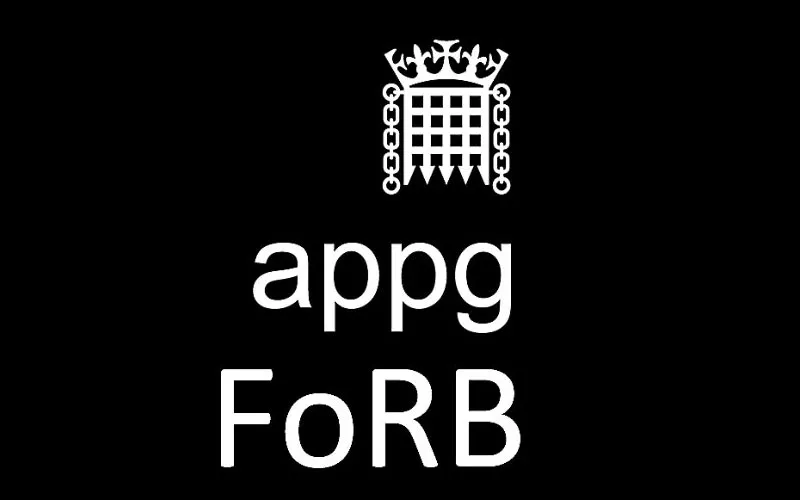Kampala, 06 March, 2021 / 8:21 pm (ACI Africa).
Uganda is one of the several countries in Africa where religious minorities have been excluded in key strategies to fight COVID-19, a recent report on the state of religious freedom, which also highlights various forms of religious discrimination and persecution across the world indicates.
Compiled by the All-Party Parliamentary Group for International Freedom of Religion or Belief (APPGFoRB), the report details the situation of religious freedom in 30 countries, including those in Africa where religious inequalities have been documented.
In Uganda, the APPGFoRB report notes that the government’s response to COVID-19 has systematically excluded religious minority groups.
“Consultative meetings with religious communities to allocate distribution of supplies and to coordinate responses and health messaging have been organized under the umbrella of the Inter-Religious Council of Uganda whose membership is limited to seven organizations,” the APPGFoRB report indicates.
Making reference to the East African country, the limited outreach to just seven religious entities “means that all other groups are not included. This is not only to the detriment of those groups, but to everyone in Uganda, as certain groups being denied the knowledge and support to protect themselves from COVID-19 means that it is more likely to spread and persist in the country,” the report further indicates.








